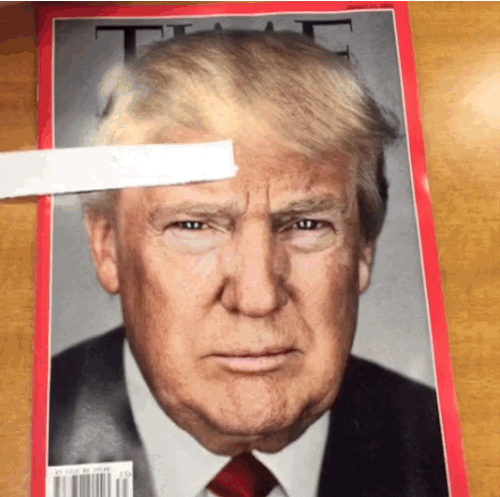Under the Roberts court, between 2005 and 2015, when businesses were Under the Roberts court, between 2005 and 2015, when businesses were either plaintiffs or respondents but not both, businesses prevailed 61 percent of the time, according to
a study by Lee Epstein, William Landes and Richard Posner
published last year. That compares with a rate of 44 percent when Chief Justice William Rehnquist led the court from 1986 to 2004, and 43 percent when Warren Burger was chief justice from 1969 to 1986.
President Trump’s choice for the latest Supreme Court vacancy will continue a trend toward widening America’s power and wealth gaps.
Corporate interests haven’t had it so good at the Supreme Court in a long time.
Under Chief Justice John Roberts Jr. the court has given big business a leg up on workers, unions, consumers and the environment — and will do so even more aggressively if the Senate confirms Brett Kavanaugh, President Trump’s choice to replace Justice Anthony Kennedy.
Corporations won the power to spend unlimited amounts of money on political campaigns in the 2010 Citizens United decision. The owners of businesses have earned the right to cite their personal religious beliefs to deprive workers of reproductive health care. At the same time, the justices have made it harder for employees and customers to sue big businesses by allowing corporations to require mandatory arbitration clauses in contracts people are forced to sign if they want jobs or want to buy goods and services. The court has also made it easier for polluters to get away with poisoning the air and water.
In many of these decisions the five conservative justices have shown no restraint in rejecting judicial precedent and in substituting their own judgment for that of lawmakers. Just last month, in a blow to public-sector unions with contracts covering nearly seven million workers, their 5-to-4 ruling dismissed a unanimous 40-year-old decision that state governments and unions had long relied on. In the recent case, Janus v. American Federation of State, County and Municipal Employees, the court held that government workers covered by union contracts do not have to pay fees for collective bargaining expenses if they are not members. The ruling does not directly involve businesses. But it will hurt all workers because benefits won by unions often establish benchmarks that help improve wages and working conditions even at companies without unions.
https://www.nytimes.com/2018/07/22/...ghlights&contentPlacement=1&pgtype=collection


